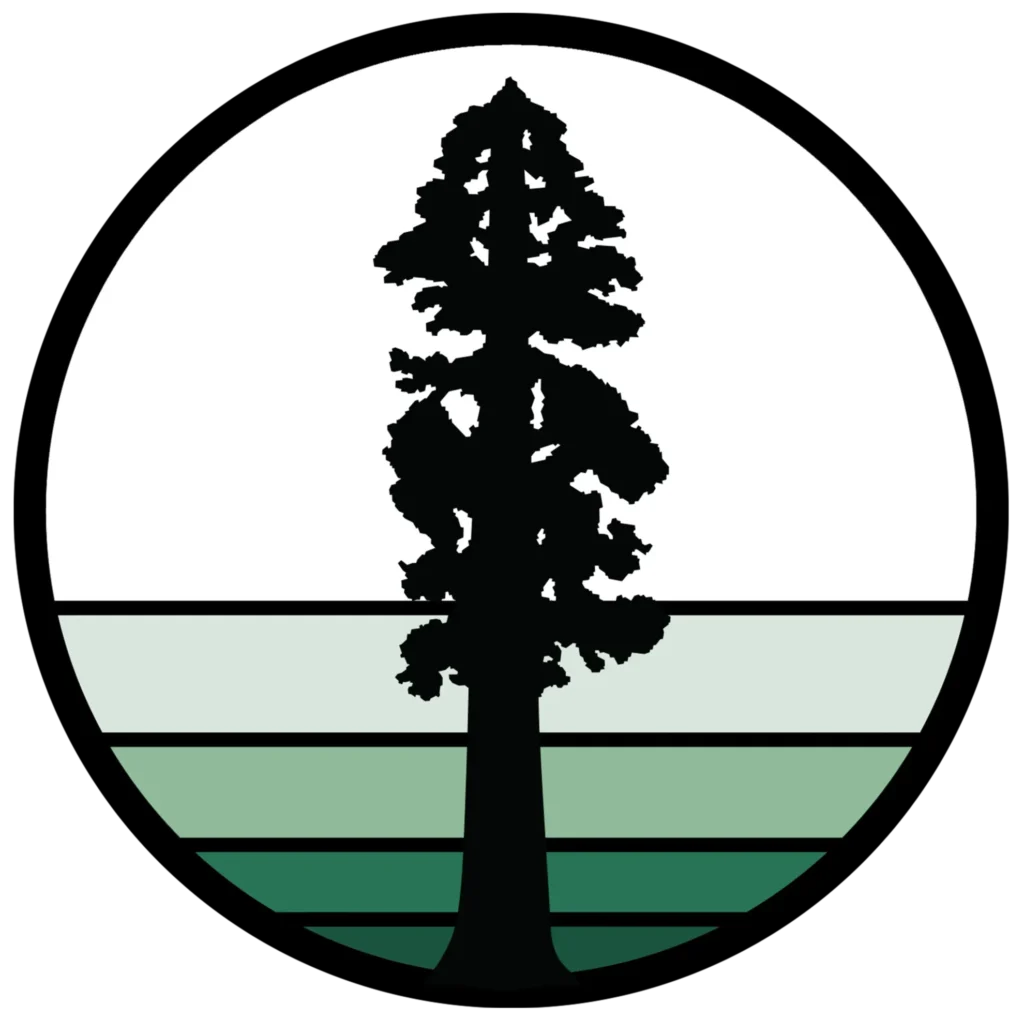Contact Sequoia Pumping
Reach Out for Expert Septic Help
Get in Touch with Us Today
Have a septic question or need service? We’re here to assist with free estimates, troubleshooting, or scheduling—call us at (559) 233-2400 or use the form below!
Frequently Asked Questions:
What is a septic system, and how does it work?
A septic system is an underground wastewater treatment system commonly used in rural areas. It consists of a septic tank that separates solids and liquids, and a leach field that filters and disperses treated wastewater into the soil.
Can I flush anything besides toilet paper?
No, only human waste and septic-safe toilet paper should be flushed. Items like wipes, diapers, and feminine hygiene products do not break down and can clog the system.
How do I know where my septic system is located?
Check property records or inspection reports for diagrams. If unavailable, a licensed septic professional can locate the tank and leach field for you.
What happens if I don't maintain my septic system?
Neglecting maintenance can lead to system backups, leach field failures, and costly repairs. In severe cases, it may also contaminate groundwater.
Can I drive over my septic system?
No, driving or parking over the septic tank or leach field can damage the system, collapse pipes, or compact the soil, reducing its ability to absorb wastewater.
Is it safe to plant trees or shrubs near the septic system?
Avoid planting trees or shrubs near the septic system. Their roots can invade and damage pipes, tanks, or the leach field. We recommend planting grass over your absorption field.
Can I use a garbage disposal with a septic system?
Garbage disposals are not recommended, as they add solids to the tank and increase the frequency of pumping. If used, consider installing an effluent filter.
What cleaning products are safe for septic systems?
Use biodegradable, septic-safe cleaning products. Avoid bleach, antibacterial soaps, and harsh chemicals that can kill beneficial bacteria in the tank.
How can I conserve water to protect my septic system?
Fix leaks, install water-efficient fixtures, and spread out water use (e.g., laundry and dishwashing). Reducing water usage minimizes strain on the system.
Can a septic system freeze in the winter?
Yes, septic systems can freeze in extremely cold weather, especially if not used regularly. However, in the Central Valley, our frost line is typically around 5” and most septic pipes are further underground than this, so they’re likely safe. Nevertheless, we recommend insulating exposed pipes and maintaining normal usage during winter.
What should I do if I smell sewage near my home?
Sewage odors may indicate a septic system problem, such as a backup or leach field issue. Contact a septic professional immediately. Over a quick phone call, we can help you troubleshoot and determine if we can help or if a plumber may be a better option for you.
Can rain or flooding affect my septic system?
Excessive rain or flooding water can saturate the leach field, preventing proper drainage. Divert surface water and roof runoff away from the system.
How do I know if my leach field is failing?
Signs of failure include slow drains, sewage backing up, and soggy or smelly areas in the yard near the leach field. A professional inspection is necessary to confirm.
Do I need a permit to repair or replace my septic system?
Yes, most local governments require permits for septic system repairs or replacements. Check with your County’s Planning Department for specific requirements.
Why is grass recommended over the leach field?
Grass helps prevent soil erosion and facilitates evapotranspiration. Avoid planting shrubs or trees, as their roots can damage the system.
What is a water stress test, and why is it performed?
A water stress test evaluates how the leach field absorbs wastewater by temporarily increasing water flow. It helps identify potential blockages or issues.
How do household chemicals affect the septic system?
Dumping chemicals like paint, oil, or pesticides can kill the beneficial bacteria needed to break down waste. Always dispose of such items at approved facilities.
How long does a septic system last?
With proper maintenance, a septic system can last 20–40 years or more. Regular pumping, avoiding damage, and proper usage extend its lifespan.


